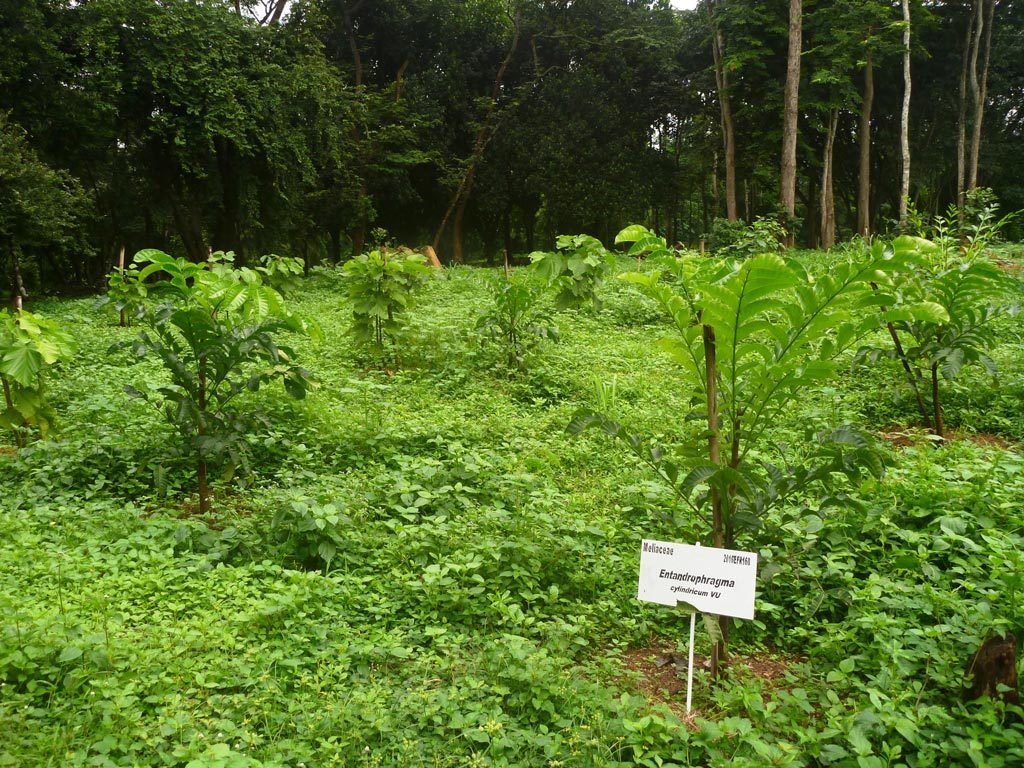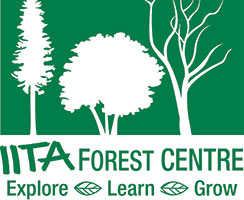
24 Jul Entandrophragma utile
Scientific name: Entandrophragma utile Dawe & Sprague Sprague.
Family: Meliaceae.
Distribution/conservation status: widespread in the forest zone, especially in moist semi-deciduous forest. Vulnerable (VU) due to overexploitation for timber and slow regeneration rate.
Common names: African cedar (English), Ìjebò (Yoruba), Okeong (Igbo).
Fruits/seeds: large brownish-black pendulous capsule with woody segments that split open from the top, often while still on the tree, to release about 30 winged seeds attached to a central column.
Fruiting time: December – January.
Seed collection: Pods usually open on the tree or on impact. Opened pods should be dried and left to open naturally. Remove seeds from central column.
Type of seed: recalcitrant.
Sowing method: remove wings from seeds before sowing directly at a depth of 2 cm.
Sowing medium: Forest soil and cured sawdust.
Germination period: 13 – 19 days.
Germination percentage: 57%.
Growth/development: Slow. Young plants do best in shade and need adequate watering. Trees do not fruit until bole is at least 50 cm in diameter.
Notes: Difficult to collect unopened pods due to height of trees (55-65 m) and distance to first branches (40 m). Most pods fall near parent tree but seeds may be blown some distance away. Seeds are highly susceptible to insect damage. Examine carefully and discard any with small holes.

Young sapele trees Entandrophragma cylindricum

